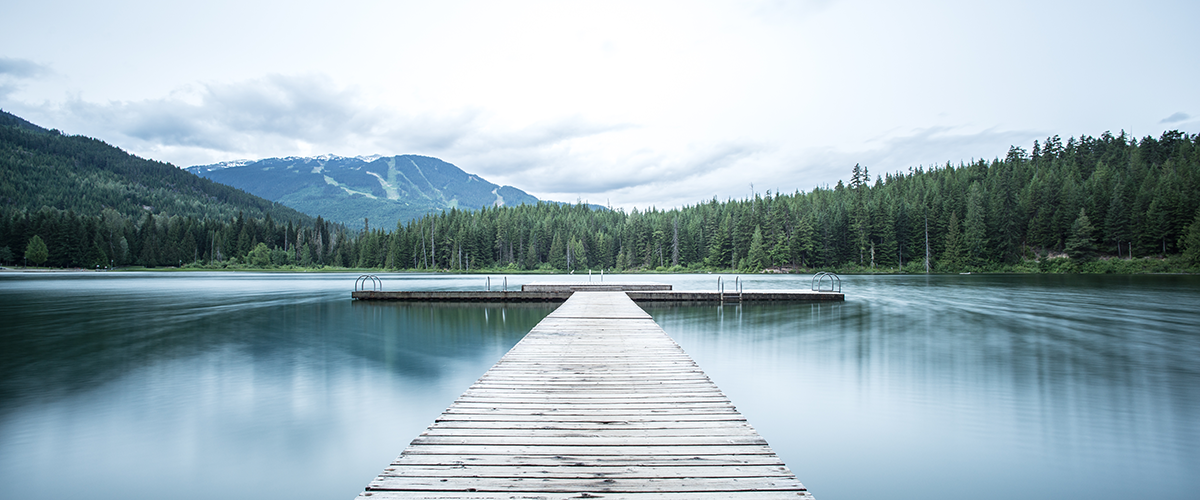1.) Craft, A. (2016). Giving and receiving life from Anishinaabe nibi inaakonigewin (our water law) research. In J. Thorpe, S. Rutherford & L.A. Sandberg (Eds.), Methodological challenges in Nature-Culture and Environmental History Research (pp. 125-139). London, UK: Routledge.
2.) Harris, L. (2016). Theorizing gender, ethnic difference, and inequality in relation to water access and quality in southeastern Turkey. In C.M. Ashcraft & T. Mayer (Eds.), The Politics of Fresh Water (pp. 141-155). London UK: Routledge.
3.) Bakker, K. (2017). The Business of Water. In K. Conca & E. Weinthal (Eds.), Oxford Handbook of Water Politics and Water Policy (pp. 1-28). Oxford, UK: Oxford University Press.
4.) Bakker, K., Harris, L., Joe, N. & Simms, R. (2017). Indigenous People and Water Governance in Canada: Regulatory Injustice and Prospects for Reform. In R. Boelens, T. Perreault & J. Vos, Water Justice (pp. 193-209). Cambridge, UK: Cambridge University Press.
5.) Norman, E., & Bakker, K. (2017). Transcending borders through post-colonial water governance? Indigenous water governance across the Canada-US border. In S. Renzetti & D.P. Dupont, Water Policy and Governance in Canada (pp. 139-157). Switzerland: Springer International Publishing.
6.) Mohensi, M., McBean, E.A., & Rodriguez, M.J. (2017). Chlorination of drinking water – Scientific evidence and policy implications. In S. Renzetti & D.P. Dupont, Water Policy and Governance in Canada (pp. 357-373). Switzerland: Springer International Publishing.
7.) Dunn, G., Harris, L., & Bakker, K. (2017). Canadian drinking water policy: jurisdictional variation in the context of decentralized water governance. In S. Renzetti & D.P. Dupont, Water Policy and Governance in Canada (pp. 301-320). Switzerland: Springer International Publishing.
